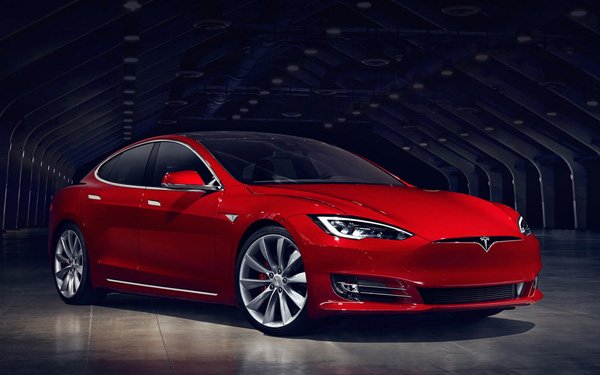
Traditional automakers have some catching up to do when it comes
to being associated with self-driving cars, according to a report.
The brands most associated are Google, Uber, Tesla and Apple, with Ford rounding out the top five, per data from marketing
technology company Amobee gathered from Sept. 25, 2016 to Oct. 25, 2017.
Ford, which received 16% as much innovation related digital content engagement as Apple, is
the first brand involved with a self-driving car project that is primarily known as a traditional car manufacturer.
Alphabet subsidiary Waymo has been testing driverless cars since 2009, and
consumers associate software more than hardware with innovation. For example, between, there was 118% more Innovation related digital content engagement that
was software related than was hardware related.
advertisement
advertisement
“Tesla and Ford already appearing to make headway around the problem,” says Jonathan Cohen, principal
brand analyst, Amobee. “The solution for automotive manufacturers is to put more emphasis in marketing outreach around their breakthroughs at a software level."
Of the brands that are
involved with self-driving car related projects, Apple was the brand with the most Innovation related digital content engagement, with Google receiving 97% as
much Innovation related digital content engagement. In the same time period; Intel generated 37% as much Innovation related digital content engagement as
Apple; Samsung had 28% as much Innovation related digital content engagement as Apple; and Uber received 22% as much Innovation related
digital content engagement as Apple.
Google was the brand with the most self-driving car related digital content engagement, between Sept. 25, 2016 and Oct. 25, 2017.
In the same time period; Tesla had 54% as much self-driving car digital content engagement as Google; Apple received 48% as much
and Ford had 35%.
Google, through the now named Alphabet subsidiary Waymo, has been testing driverless cars since 2009, and arguably are the furthest along
in making a driverless cars a reality. Meanwhile Uber is bullish on eventually replacing their drivers with driverless cars and has been testing the concept with the public in Pittsburgh while Tesla
has gotten to the point where all the cars they manufacture will have the hardware necessary to be fully autonomous, even ahead of legislation being passed to iron out the regulations to make
driverless cars legal at the consumer level.
Meanwhile Apple has made news that they’re shifting their focus from making a self-driving vehicle to making the software for other
companies making autonomous cars. And Ford promoted James Hackett who was in charge of their autonomous driving division to CEO of the company, and moves by Ford meant to prioritize self
driver car technology includes a partnership with Lyft to develop self-driving cars, several major acquisitions around ride-sharing, AI, self driver car, and 3D-mapping
technology and a partnership with startup Autonomic around autonomous vehicle technology.
Audience interest in self-driving cars skews heavily toward a few states with 24.32% of
it occurring in California and 9.87% in New York. During the same time period; audience interest in the topic was least likely to occur in the states of Wyoming
(0.07% )and North Dakota (0.08%). Even within the context of California being the most populated state, the digital audience in California is still disproportionally interested in the topic of
self-driving cars.